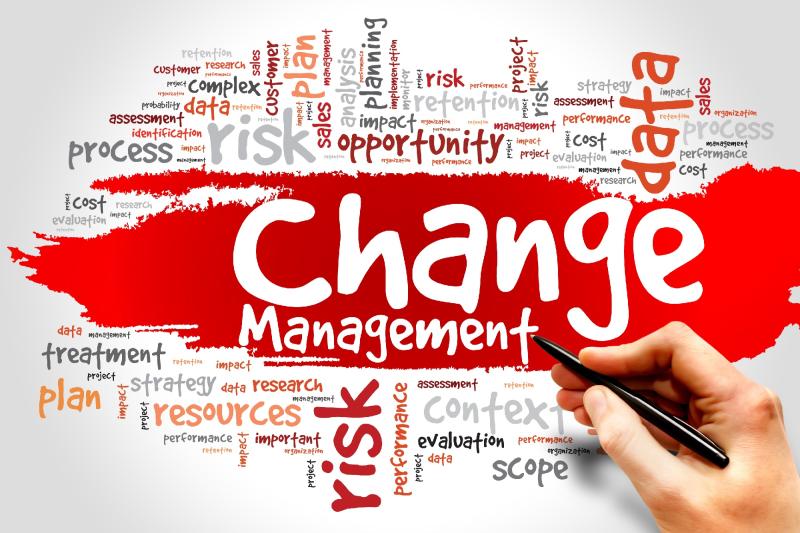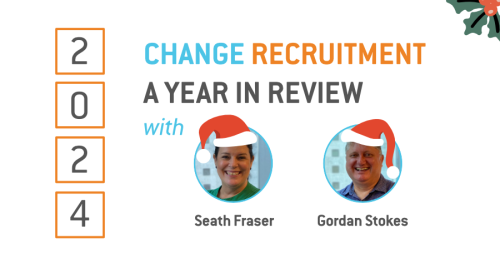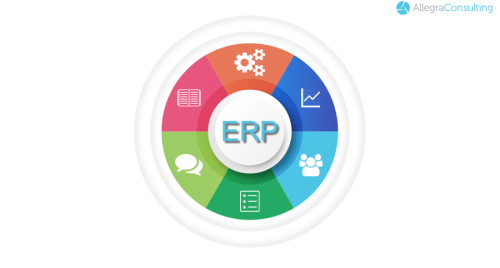
The way we work and how we work is creating more complexity and challenges
Early industry data (it is too early to see academic research) expects to see most white-collared organisations keeping hybrid working well into the future years, with global industry data reporting 53% of office workers want hybrid working where at least half their time is spent working remotely (Dehaze 2021). In addition, C-suite executives report that only 10% of organisations will be in the office more than 80% of the time (Alexander et al., 2021).
Hybrid working creates exciting challenges and opportunities in the change management space, and we explore this further below.
Coupled with this change in how and where we work, we see the continued acceleration of technology changes driving workplace change:
- Applied AI
- Next-level automation and virtualisation
- Next-generation computing
- Nanomaterials
- The Bio Revolution
And let’s not forget to mention Meta, metaverses, NFTs, with the potential to reshape how we interact, communicate and train, with a prediction from us that the next few years will see these technologies stretching our delivery of change management.
People and their wellbeing
We know 2021, like 2020, bought with it a tremendous amount of uncertainty and a need for organisations to focus on their people, retaining talent and general wellbeing. One of the strong themes to emerge from this is a focus on wellbeing, including mental health and we see this also in our research. Coupled with that, we have potential labour shortages in some industries and roles; this idea of the Great Resignation or Great Realignment, and 2022 being named “the year of the worker.”
What does that mean for us in the change & transformation industry?
Firstly, there is no doubt that more and more organisations value change practitioners. Never has there been more demand for change people, with more and more organisations valuing the skills and approaches change practitioners bring.
Secondly, we need to be thinking about wellbeing approaches in our change management plans. Consider in your approaches to change the following:
- What wellbeing approaches/support is in place in the organisation
- Do you need specific approaches to be incorporated into your change management planning?
- Is the change you are implementing something that may impact the wellbeing of employees in a positive way or in a potentially harmful way?
Building enterprise resilience/change capability or ChangeFit® as we call it
The pandemic has highlighted the need to build employee resilience and operational resilience.
How can we build this capability to protect against a range of potential shocks in the future (this is likely not the last pandemic we will see)?
2021 like 2020 saw increased numbers of organisations looking to build what we call ChangeFit® or change capability (resilience).
We can see from research conducted by McKinsey in their 2020 Global Survey a higher likelihood people were employed if they displayed higher proficiency in both adaptabilities and coping with uncertainty. We also saw in the same survey that employees with higher proficiency in coping with uncertainty, self-motivation, and wellness reported higher job satisfaction.
So what?
We believe, without a doubt, organisations should (and are) focus on building change leadership and change resilience skills. Change is a constant, and we need to educate employees, leaders and executives in change, including these as an example:
- What happens to me in times of change
- What are normal responses to change, and how can I manage myself through these responses?
- Managing resistance to change
- Change sponsorship
Finally, the role of the change practitioner
Some of you will know we have been conducting research with Victoria University on several topics, including the Change Practitioner’s role and core capabilities now and into the future. We will be releasing complete information on this early in 2022. A quick snapshot of critical themes include:
- Adaptability and Flexibility
- Understanding of human behaviour and psychology
- Influencing & stakeholder engagement skills
- Interpersonal Skills
- Facilitation (with an increased focus on virtual facilitation)
Reach out to me if you want me to talk you through any of this in more detail.
References
Alexander, A, Cracknell, R, De Smet, A, Langstaff, M, Mysore, M & Ravid, D 2021, ‘What executives are saying about the future of hybrid work’.
Dehaze, A 2021, Hybrid working is here to stay, but at what cost?, Adecco, viewed September 9 2021 2021.







